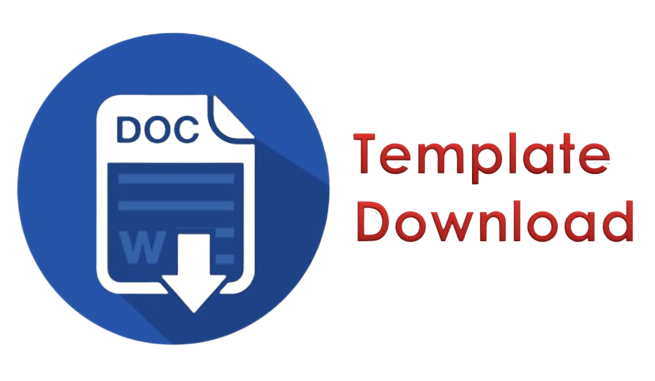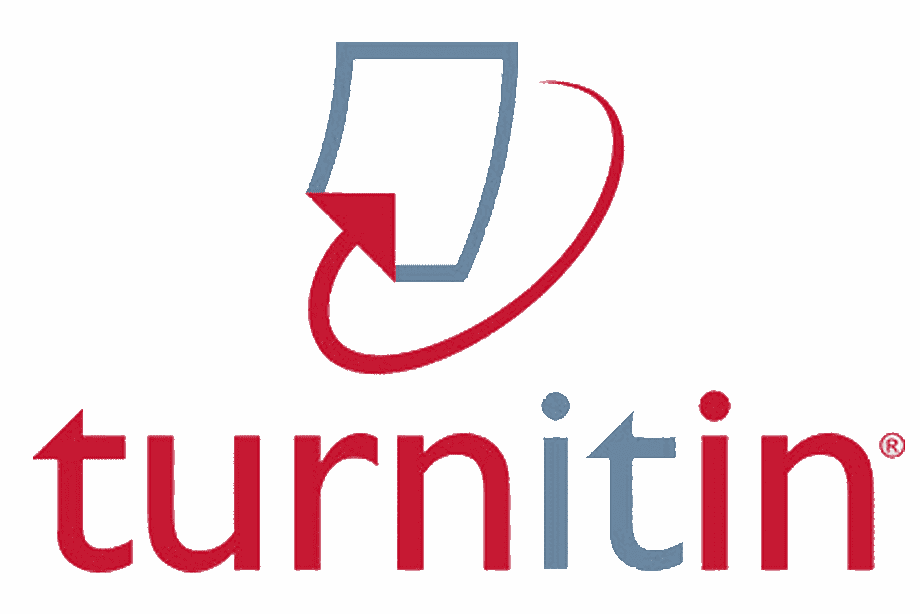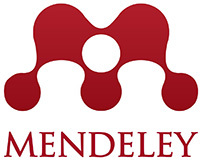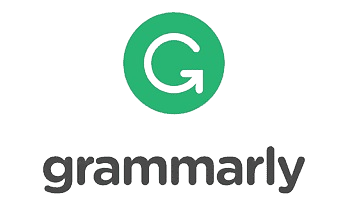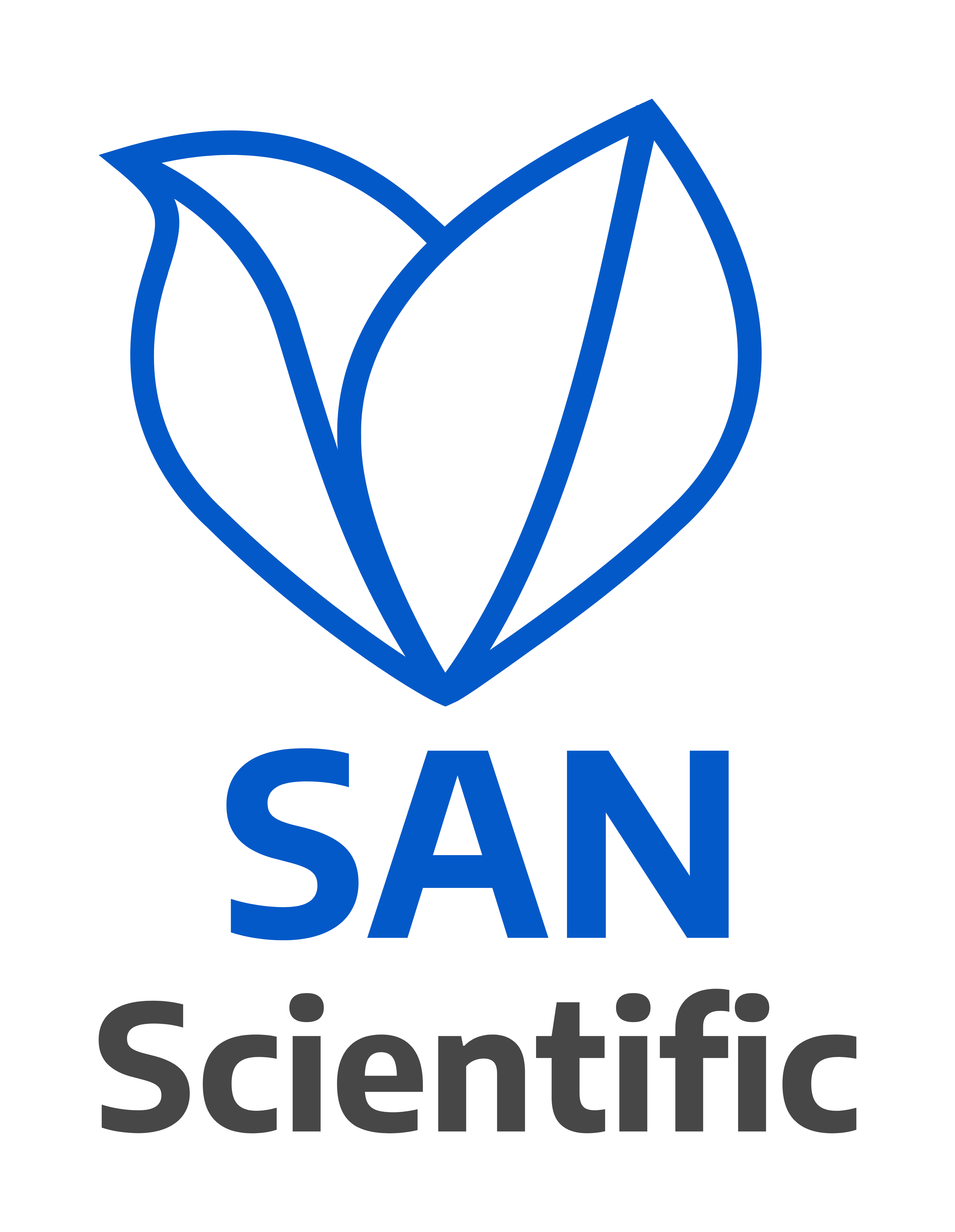Publication of articles in Research of Economics and Business (REB) depends solely on scientific validity and coherence as judged by our editors and/or peer reviewers, who will also assess whether the writing is comprehensible and whether the work is useful to the field. REB acknowledged the effort and suggestions made by its reviewers.
Policies
Policies
- Focus and Scope
- Section Policies
- Peer Review Process
- Publication Frequency
- Open Access Business
- Archiving
- Publication Ethics
- Plagiarism And Retraction Policy
- Repository Business
- Author Fees
Focus And Scope
The Research of Economics and Business (REB) publishes high-quality, open-access, and peer-reviewed original research or review papers covering various economics and business multidisciplinary topics. This journal adds new contributions to the literature and practice of economics and business. It provides global perspectives on issues in all areas, including but not limited to:
|
Economics |
Business |
|
|
Recognizing and promoting the multidisciplinary nature of economics and business, the journal's editors consider that contributions from all research perspectives are fundamental to advancing knowledge and practice in economics and business.
Before submitting your manuscript to REB, kindly ensure it is written properly in the template. Manuscripts not adhering to the REB author rules and submission form will likely be revised or rejected in the initial review stage. The author(s) will revise (paraphrase) the final manuscript if the similarity index is more than 20 percent.
Section Policies
Articles
Invited Articles
Peer Review Process
Initial evaluation of manuscripts
The Editor will evaluate all manuscripts submitted for a maximum of 4 weeks. Although rare, it is feasible for an exceptional manuscript to be accepted at this stage. Those rejected at this stage are insufficiently original, have serious scientific flaws, or are outside the aims and scope of the journal. Those that meet the minimum criteria are passed on to expert reviewers for review. It usually took up to 4 weeks.
Type of peer review
Submitted manuscripts will generally be reviewed by two to three experts who will be asked to evaluate whether the manuscript is scientifically sound and coherent, whether it duplicates the already published works, and whether or not the manuscript is sufficiently clear for publication. The method is a double-blind peer review. The next rounds of review processes would be done should the first round need to be revised.
Review reports
Reviewers are asked to evaluate whether the manuscript:
- It is original by stating the objectives and gaps clearly
- Is methodologically sound
- Follows appropriate ethical guidelines
- Have results/findings that are presented and support the conclusions
- Correctly references previous relevant work
- Reviewers are not expected to correct or copyedit manuscripts. Language correction is not part of the peer-review process.
Decision
Once the substantive review process is finished, the REB Editor in Chief decides based on the assigned editor's and peer reviewers' recommendation with several decision possibilities as the following: (1) accept submission = the manuscript would be published without revisions. (2) Revisions Required = The manuscript needs a few revisions but not substantial before publication (minor revision). (3) Resubmit for Review = The manuscript requires substantial revisions and needs to be resubmitted for review before publication (major revision). (4) Resubmit for Elsewhere = Manuscripts were rejected and suggested to be submitted to other journals. (5) Decline Submission = the manuscript is not considered for publication in the journal for several reasons, such as the manuscript's lack of novelty and contribution, the manuscript has been prepared poorly, a very similar study was found, etc.; It might be associated with the state of the art, novelty, significance of the study, methodology, etc. Usually, it relates to REB author guidelines compliance.
Reviewers advise the editor, who is responsible for the final decision to accept or reject the article. The Editors will reach a decision based on these reports, and, where necessary, they will consult with members of the Editorial Board. The editor's decision is final.
Revision Guidelines
The manuscript that obtained the review findings is anticipated to be quickly changed to address the suggestions and issues raised by the review results. The editor would give four weeks to complete the revisions. However, manuscript proofreading would still be conducted. If the author uploads the updated manuscript at that time, the paper will be considered for publication. Renewal time extensions are available in response to high demand and for a good reason. The revised manuscript is then resubmitted to the Journal's website and emailed to info-reb@sanscientific.com.
The provisions of the updated paper in the Journal are as follows:
If the reviewer comments on a manuscript (comment box or/and the manuscript), the author is requested to respond directly to that comment box/manuscript. The author's response might be information that has been revised or a rationale/argument if the author cannot revise for whatever reason (please can be submitted in the comments field, already available briefly and details).
Please block yellow highlighting while revising on paper or adding new material/ sentences.
Attached is a sample of the revision process paper in the Journal to help the author with the revision process.
Becoming a Reviewer
If you are not a reviewer for Research of Economics and Business (REB) but would like to be added to the list of reviewers, do not hesitate to contact us to obtain the reviewer's form. This form should you entirely and then resend via email. The benefits of reviewing for REB include seeing and evaluating the latest work in the related research areas at an early stage and being acknowledged in our list of reviewers. You can also cite your work for REB as part of your professional development requirements. REB are volunteers who contribute their expertise to the science; thus, no financial payments are made.
If you have expertise in economics and business and are willing to be a reviewer, don't hesitate to contact us via WhatsApp (+62 811-8880-9646) or email (info-reb@sanscientific.com).
For Reviewers
Benefits for Reviewers
- For each manuscript they review, reviewers receive a Certificate of Reviewing. The Reviewer of the Year award is given each month to the best and most timely review, and the winner is announced on the Journal's blog and social media channels.
- Reviewers with a solid academic track record may apply for Membership in the Editorial Board upon completing several reviews.
- Reviewers get listed in the annual reviewer's list published each December on the Journal's website to acknowledge the reviewers in the past year.
- Reviewers get recognition from Publons for their peer review contributions.
Publication Frequency
Research of Economics and Business (REB) is published twice yearly (semi-annually) in March and September. Publishing online and using a continuous system in each period to accelerate the article's publication is our commitment to the author(s).
Open Access Policy
The journal is dedicated to providing open access to scholarly papers. All articles are immediately available to all users after publication (without registration on the site and embargo period). Like the others produced by SAN Scientific, this journal is open-access and released under a CC-BY-SA 4.0 license, allowing users to share the content without restriction. Open access provides for the unconstrained sharing of intelligence information and aids in the dissemination of research around the world.
SAN Scientific believes that Open Access is an equitable method of ensuring that scholarly research, which public institutions typically support, is accessible to everybody. Open Access publications are more likely to be discovered, read, cited, and used for future research than closed journals. Making all our content freely available and reusable is in the best interests of authors, their parent institutions, and the journals themselves.
The advantages of open access include higher citation and usage, speedy publication, speedier impact with permissive licenses, and author copyright retention.
The authors have agreed to publish their works under Creative Commons licenses (CC-BY-SA 4.0). The Copyright section has more information.
Archiving
Research of Economics and Business (REB) stores back issues and current articles following LOCKSS's idea of keeping many copies of our items on several servers to keep them safe. REB also implemented PKP Private LOCKSS Network (PLN) preservation function, as seen in The Keepers Registry record at Portal ISSN. The Keepers' records originated from PKP PLN.
Publication Ethics
Research of Economics and Business (REB) is a peer-reviewed journal. This statement clarifies the ethical behavior of all parties involved in publishing an article in this journal, including the author, the chief editor, the Editorial Board, the peer-reviewer, and the publisher (SAN Scientific). This statement is based on the previous COPE’s Code of Conduct and Best Practice Guidelines for Journal Editors (see below) and the current COPE's Core Practices.
Ethical Guideline for Journal Publication
Publishing an article in a peer-reviewed REB is essential in developing a coherent and respected knowledge network. It directly reflects the quality of the authors' work and the institutions that support them. Peer-reviewed articles support and embody the scientific method. It is, therefore, important to agree upon standards of expected ethical behavior for all parties involved in publishing: the author, the journal editor, the peer reviewer, the publisher, and the society.
Publisher and Editor
SAN Scientific, the publisher of Research of Economics and Business (REB), takes its management responsibilities over all stages of publication very seriously, and we are aware of our ethical and other obligations. We are dedicated to ensuring that advertising, preprint, or other commercial money has no bearing on editorial choices. Furthermore, the SAN Scientific and Editorial Board will assist in discussions with other journals and publishers as needed.
Publication decisions: The editor of the REB is responsible for deciding which of the articles submitted to the journal should be published. The validation of the work in question and its importance to researchers and readers must always drive such decisions. The editors may be guided by the policies of the journal's editorial board and constrained by such legal requirements as shall then be in force regarding libel, copyright infringement, and plagiarism. The editors may confer with other editors or reviewers in making this decision.
Fair play: An editor reviews articles for intellectual substance at any time, regardless of the writers' ethnicity, gender, sexual orientation, religious belief, ethnic background, citizenship, or political ideology.
Confidentiality: The editor and any editorial staff must not reveal any information about a submitted article to anyone except the corresponding author, reviewers, potential reviewers, other editorial consultants, and, if necessary, the publisher.
Disclosure and conflicts of interest: Unpublished materials disclosed in a submitted manuscript must not be used in an editor's research without the author's written consent.
Reviewers
Contribution to Editorial Decisions: Peer review assists the editor in making editorial decisions and, through editorial communications with the author, may also assist the author in improving the paper.
Promptness: Any selected referee who feels unqualified to review the research reported in a manuscript or knows its prompt review will be impossible should notify the editor and excuse himself from the review process.
Confidentiality: Any manuscripts received for review must be treated as confidential documents. They must not be shown to or discussed with others except as authorized by the editor.
Standards of Objectivity: Reviews should be conducted objectively. Personal criticism of the author is inappropriate. Referees should express their views clearly with supporting arguments.
Acknowledgment: Reviewers should identify relevant published work that the authors must cite. Any statement that reported an observation, derivation, or argument had been previously should be accompanied by the relevant citation. A reviewer should also call the editor's attention to any substantial similarity or overlap between the manuscripts under consideration.
Disclosure and Conflict of Interest: Privileged information or ideas obtained through peer review must be confidential and not used for personal advantage. Reviewers should not consider manuscripts with conflicts of interest resulting from competitive, collaborative, or other relationships or connections with any authors, corporations, or institutions connected to the papers.
Authors
Reporting standards: Authors of reports of original research should present an accurate account of the work performed and an objective discussion of its significance. The underlying data is represented accurately in the paper. A paper should contain sufficient detail and references to permit others to replicate the work. Fraudulent or knowingly inaccurate statements constitute unethical behavior and are unacceptable.
Data Access and Retention: Authors are asked to provide the raw data in connection with a paper for editorial review and should be prepared to provide public access to such data (consistent with the ALPSP-STM Statement on Data and Databases), if practicable, and should, in any event, be prepared to retain such data for a reasonable time after publication.
Originality and Plagiarism: The authors should ensure that they have written entirely original works, and if the authors have used the work and/or words of others, that this has been appropriately cited or quoted.
Multiple, Redundant, or Concurrent Publication: An author should only generally publish manuscripts describing the same research in one journal or primary publication. Submitting the same manuscript to multiple journals currently constitutes unacceptable publishing behavior.
Acknowledgment: Proper acknowledgment of the work of others must always be given. Authors should cite publications that have influenced the nature of the reported work.
Authorship of the Paper: Authorship should be limited to those who have contributed significantly to the conception, design, execution, or interpretation of the reported study. All those who have made significant contributions should be listed as co-authors. Where others have participated in certain substantive aspects of the research project, they should be acknowledged or listed as contributors. The corresponding author should ensure that all appropriate co-authors and no inappropriate co-authors are included in the paper and that all co-authors have seen and approved the final version of the paper and have agreed to its submission for publication.
Disclosure: All authors should disclose in their manuscript any financial or other substantive conflicts of interest that might be construed to influence the results or interpretation of their manuscript. All sources should disclose financial support for the research.
Fundamental errors: When an author discovers a significant error or inaccuracy in their published work, the author should promptly notify the journal editor or publisher and cooperate with the editor to retract or correct the paper.
Plagiarism And Retraction Policy
The Editorial Board of Research of Economics and Business (REB) recognizes that plagiarism is unacceptable and thus establishes the following business stating specific actions (penalties) upon identification of plagiarism/similarities in articles submitted for publication in REB. The journals will use Turnitin's originality-checking software to detect similarities between texts in article manuscripts and the article's final version.
Definition: Plagiarism involves the "use or close imitation of the language and thoughts of another author and the representation of them as one's original work."
Business: Papers must be original, unpublished, and not pending publication elsewhere. Any material taken verbatim from another source needs to be identified as different from the present original text by (1) indentation, (2) use of quotation marks, and (3) identification of the source.
Any text that exceeds use standards (defined as more than two or three sentences or the equivalent thereof) or any graphic material reproduced from another source. It requires permission from the copyright holder and, if possible, the original author(s) and identification of the source (for example, previous publication).
The journal applies Zero tolerance for plagiarism.
Level of Plagiarism
Every manuscript submitted to EDS would be scanned using Turnitin (similarity check) then the editor decides the case of possible plagiarism. A similarity report would be provided to the author(s), and the editor would conduct the following actions:
- The similarity check result is more than 40%. Action: The paper is rejected, and the authors are forbidden to submit further articles for three years (due to poor citation and paraphrasing, the manuscript is outright rejected, and No Resubmission is accepted).
- Similarity check result is around 20-40%: The manuscript would be sent to the author for revision. A request is made to revise and paraphrase the text and properly cite the original article.
- Similarity check result is lower than 20%: Would proceed to substantive review or citation improvement may be required (proper citations must be provided to all outsourced texts).
In cases 2 and 3, The authors should revise the article carefully, add required citations, please paraphrase to outsourced text, and then resubmit the final manuscript with a new Turnitin report showing no plagiarism, and similarity should be lower than 20%.
The journal may exclude journal templates, definitions, common words, and references for similarity tests.
When plagiarism is discovered, the Editor in Chief, who is responsible for the assessment of this work, will agree on measures based on the level of plagiarism found in the paper under the following guidelines:
It is understood that all authors are responsible for the content of their submitted paper as they all read and understand Copyright and Licensing Terms. All authors will be subject to the same penalty if a penalty is imposed for plagiarism.
Suppose the second case of plagiarism by the same author(s) is identified. In that case, a decision on measures to be enforced will be made by the Editorial board (Editor-in-Chief and Editorial members) with the Chair of the Editor-in-Chief. The author(s) might be forbidden to submit further articles forever.
This business applies to content duplicated from another publication by the same author(s). If an author uses previously published text or figures, the related paragraphs or figures should be recognized, and the preceding publication should be linked. It is assumed that much of the content was previously published as a review article or an instructional paper.
The author should acknowledge the source of previously published work and acquire permission from the original author and publisher. An author submits a paper to REB with considerable overlap with a work submitted concurrently to another journal. This overlap is detected during the review process or after both publications, and the editor of the other journal is alerted. The matter is being handled as a serious plagiarism case. Significant overlap involves employing identical or almost similar figures and the same or slightly changed text for one-half or more of the article. Self-plagiarism of less than half of the work but over one-tenth of the paper is considered intermediate plagiarism. If you limit self-plagiarism to the methodology section, the case shall be considered minor plagiarism.
Suppose an author uses some of his previously published material to clarify the presentation of new results. The previously published material and the difference from the present publication shall be mentioned. The editor may decide not to accept this paper for publication. The copyright owners must be contacted for permission to reprint if a manuscript was originally published in conference proceedings and is then submitted for publication in REB in either identical or expanded form. The authors must identify the conference proceedings' name and publication date and obtain permission to republish from the copyright holder.
However, an author shall be permitted to use material from an unpublished presentation, including visual displays, in a subsequent journal publication. In the case of a publication being submitted that was originally published in another language, the original publication's title, date, and journal must be identified by the authors and must obtain the copyright. The editor may accept such a translated publication to bring it to the attention of a wider audience. The editor may select a specific paper that had been published (e.g., a "historic" paper) for republication to provide a better perspective of a series of papers published in one issue of REB. This publication must be labeled as such, the date and journal of the original publishing must be provided, and the author(s) and publisher's permission must be secured.
The REB layout editor is responsible for maintaining the list of authors subjected to penalties. It will check that no authors of a submitted paper are on this list. If a banned author is identified, the layout editor will inform the Editor-in-Chief, who will take appropriate measures. This finding will post the business on the website with the instructions for submitting a manuscript. Upon initial receipt of their original manuscript, a copy will be sent to the authors with the confirmation email.
Retraction and Corrections
Authors are discouraged from withdrawing submitted manuscripts after it is in the publication process (review, copyedit, layout, etc.). During that time, the journal had spent valuable resources besides time spent in the process. Should the author(s) still request a withdrawal, the author(s) have to email the REB editor using the same email address used in correspondence.
REB editors shall consider retracting a publication if:
- They have clear evidence that the findings are unreliable, either as a result of a major error (e.g., miscalculation or experimental error) or as a result of fabrication (e.g., of data) or falsification (e.g., image manipulation)
- It constitutes plagiarism
- The findings have previously been published elsewhere without proper attribution to previous sources or disclosure to the editor, permission to republish, or justification (i.e., cases of redundant publication)
- It contains material or data without authorization for use
- Copyright has been infringed, or there is some other serious legal issue (e.g., libel, privacy)
- It reports unethical research
- It has been published solely based on a compromised or manipulated peer review process.
- The author(s) failed to disclose a major competing interest (a.k.a. conflict of interest) that, in the editor's view, would have unduly affected interpretations of the work or recommendations by editors and peer reviewers.
Notices of retraction would:
- Be linked to the retracted article wherever possible (i.e., in all online versions)
- Identify the retracted article (e.g., by including the title and authors in the retraction heading or citing the retracted article).
- Be identified as a retraction (i.e., distinct from other types of correction or comment)
- Be published promptly to minimize the harmful effects
- Be freely available to all readers (i.e., not behind access barriers or available only to subscribers)
- State who is retracting the article
- State the reason(s) for retraction
- Be objective, factual and avoid inflammatory language
Retractions are not usually appropriate if:
- The authorship is disputed, but there is no reason to doubt the validity of the findings
- The main findings of the work are still reliable, and corrections could sufficiently address errors or concerns
- An editor has inconclusive evidence to support retraction or is awaiting additional information, such as from an institutional investigation.
- Author conflicts of interest have been reported to the journal after publication. However, in the editor's view, these are not likely to have influenced interpretations, recommendations, or the article's conclusions.
The journal editors shall consider issuing an expression of concern if:
- They receive inconclusive evidence of research or publication misconduct by the authors
- There is evidence that the findings are unreliable, but the authors’ institution will not investigate the case
- They believe that an investigation into alleged misconduct related to the publication either has not been or would not be fair and impartial or conclusive
- An investigation is underway, but a judgment will not be available for a considerable time
The journal editors shall consider issuing a correction if:
- A small portion of an otherwise reliable publication proves to be misleading (especially because of honest error)
- The author/contributor list is incorrect (i.e., a deserving author has been omitted, or somebody who does not meet authorship criteria has been included)
The mechanism follows the guidelines of the Committee on Publication Ethics (COPE). For your convenience, please click here to read the document.
Repository Policy
Please also read our Copyright and Licensing and the Archiving notice. Research of Economics and Business follows Sherpa/Romeo's Business. The paper can archive preprint, post-print, and publisher's version/PDF under the following conditions.
REB has published an article, and the submitted version is accepted. It can use the published version for various share-alike scholarly purposes, subject to full attribution under the Attribution-ShareAlike 4.0 International (CC BY-SA 4.0).
The author (s) may deposit and use the document as follows:
- On the personal website and books
- On the company or institutional repository
- On the author's preferred subject repositories
- On Social Collaboration Networks (SCNs) that have signed up to the Voluntary STM Sharing Principles
- With individuals requesting personal use for teaching and training within the author’s institution and as part of an author’s grant applications or theses/doctorate submissions.
Exceptions to this Business include:
- The systematic upload or collation of Jurnal Manajemen's articles across repositories,
- Any use of the documents in conjunction with advertising,
- Any use of the documents for promotional purposes by for-profit organizations,
- Any use would confer monetary reward, commercial gain, or commercial exploitation.
For repositories, do not hesitate to contact the REB editor. Please consult our policies recorded on Sherpa Romeo's website to prevent disputes or doubts.
Email: info-reb@sanscientific.com
Author Fees
Article processing, submission, or reviewing of the articles incurred no fees. Under the condition above, we are waiving the fee in full for any authors to submit papers to the journal.
Each article will be charged an article processing fee (APC) of IDR 0,00 for publication.
We provide free-of-charge translation and/or proofreading of manuscript services upon request from the authors. Please Whatsapp or email us (info-reb@sanscientific.com) your interest in printed copies or translation and further details.


